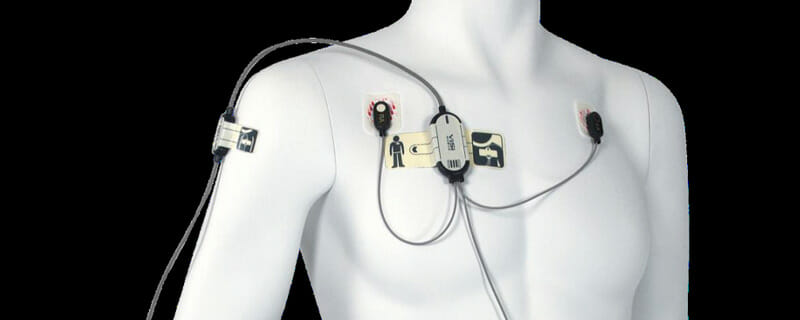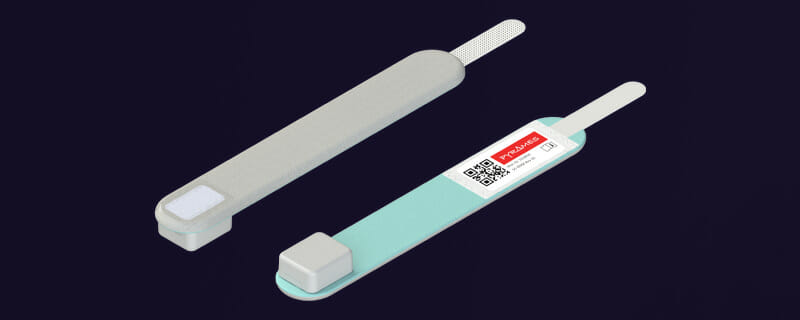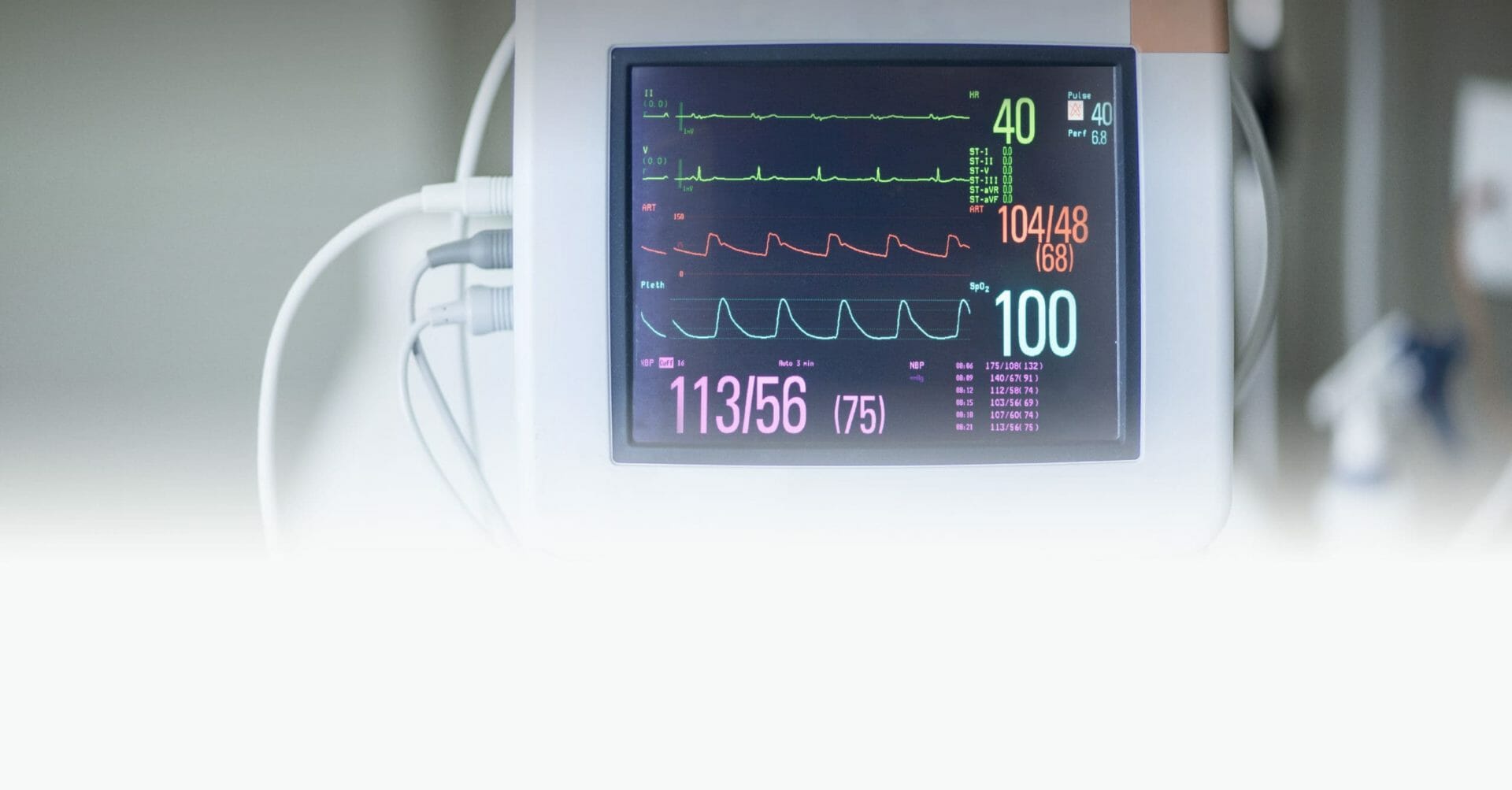BP + Health
Blood pressure is where all treatment decisions begin.
Accurate monitoring of blood pressure is a critical component of patient care. This measurement serves as an indicator of the health of the heart and arteries and is a measure of whether sufficient blood is distributed throughout the body. While blood pressure is considered to be among the most basic of vital signs, common methodologies today are either highly invasive, prone to complications or time-consuming to ensure proper accuracy.
At PyrAmes, we are transforming the delivery of patient care through advanced sensor measurement for cNIBP.
Advantages of the PyrAmes Platform
over Current Methods
- Accurate
- Non-Invasive
- Continuous
- Ease of Use

Arterial Line
Accurate
Considered the gold standard, but may be prone to damping effects that affect accuracy.
Non-Invasive
Complications beyond bleeding risk include: infections, clots, tissue and nerve damage.
Continuous
Continuous real-time blood pressure, rich hemodynamic information.
Ease of Use
Requires placement and maintenance by trained clinicians. May require support from additional medical personnel.

Blood Pressure Cuff
Accurate
Not as accurate as an arterial line. Can result in elevated BP values due to discomfort for infant patients. 1
Non-Invasive
Can be disturbing or painful for very young and elderly patients.
Continuous
Intermittent measurements only. Prolonged use can lead to tissue damage and inaccurate measurements. 4
Ease of Use
Prone to incorrect placement and usage.

Pulse transit time (PTT)
Accurate
PTT alone is unreliable in offering full insights into BP variations. 2
Non-Invasive
Cumbersome and requires the patient to wear multiple sensors.
Continuous
Can measure continuous blood pressure.
Ease of Use
Multiple sensors needed. Added time in attachment and removal. Adhesive can irritate skin.

PyrAmes Platform
Accurate
Similar to arterial lines. 3
Non-Invasive
Non-invasive, wireless and painless. No needles, eliminating the risk of infection as compared to current methods.
Continuous
Continuous blood pressure measurements, rich hemodynamic information.
Ease of Use
Placement is relatively simple, requires no special training or qualifications for the care team.
cNIBP Health Impact
PyrAmes platforms will provide options to continuously monitor blood pressure cNIBP for patients of all ages.
Over 50% of NICU Admissions
could benefit from BP monitoring but would not receive an arterial line because it is invasive and costly.5
50% of Adults have High BP
50% of adults are affected by high blood pressure in the US, increasing their mortality rates.6
7.6 Million Deaths Annually
Raised blood pressure (BP) is responsible for 7.6 million deaths worldwide annually.7
cNIBP & Early Detection
cNIBP has the potential for early detection of conditions within preterm infants and adults.
